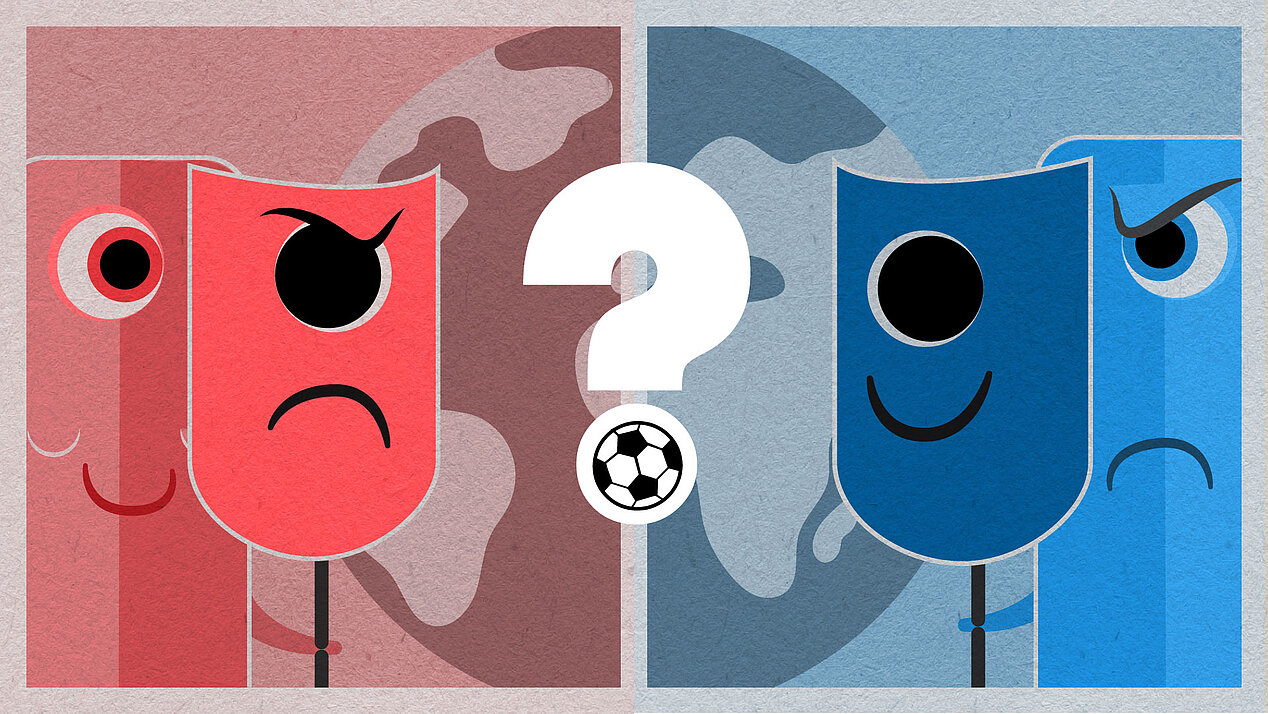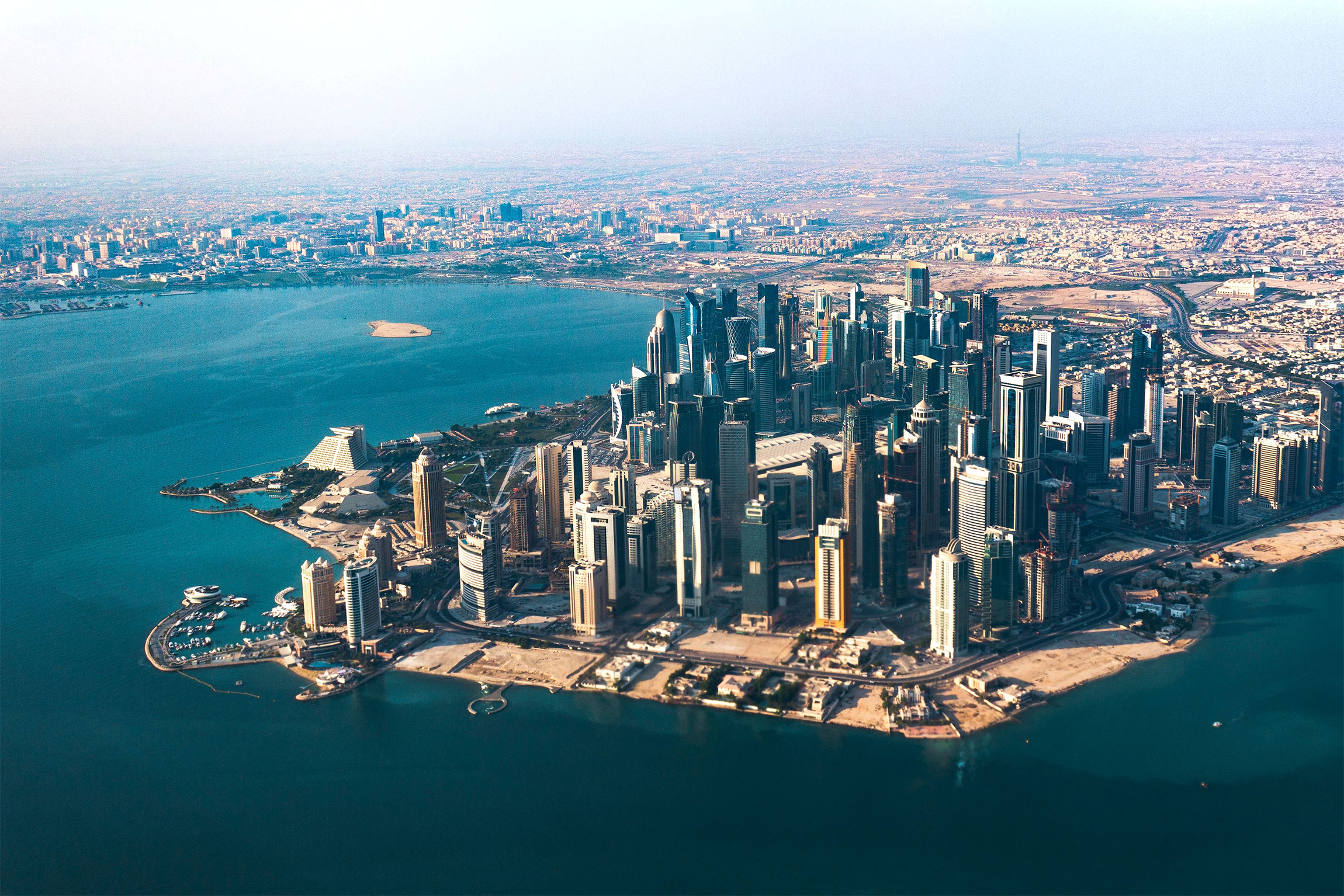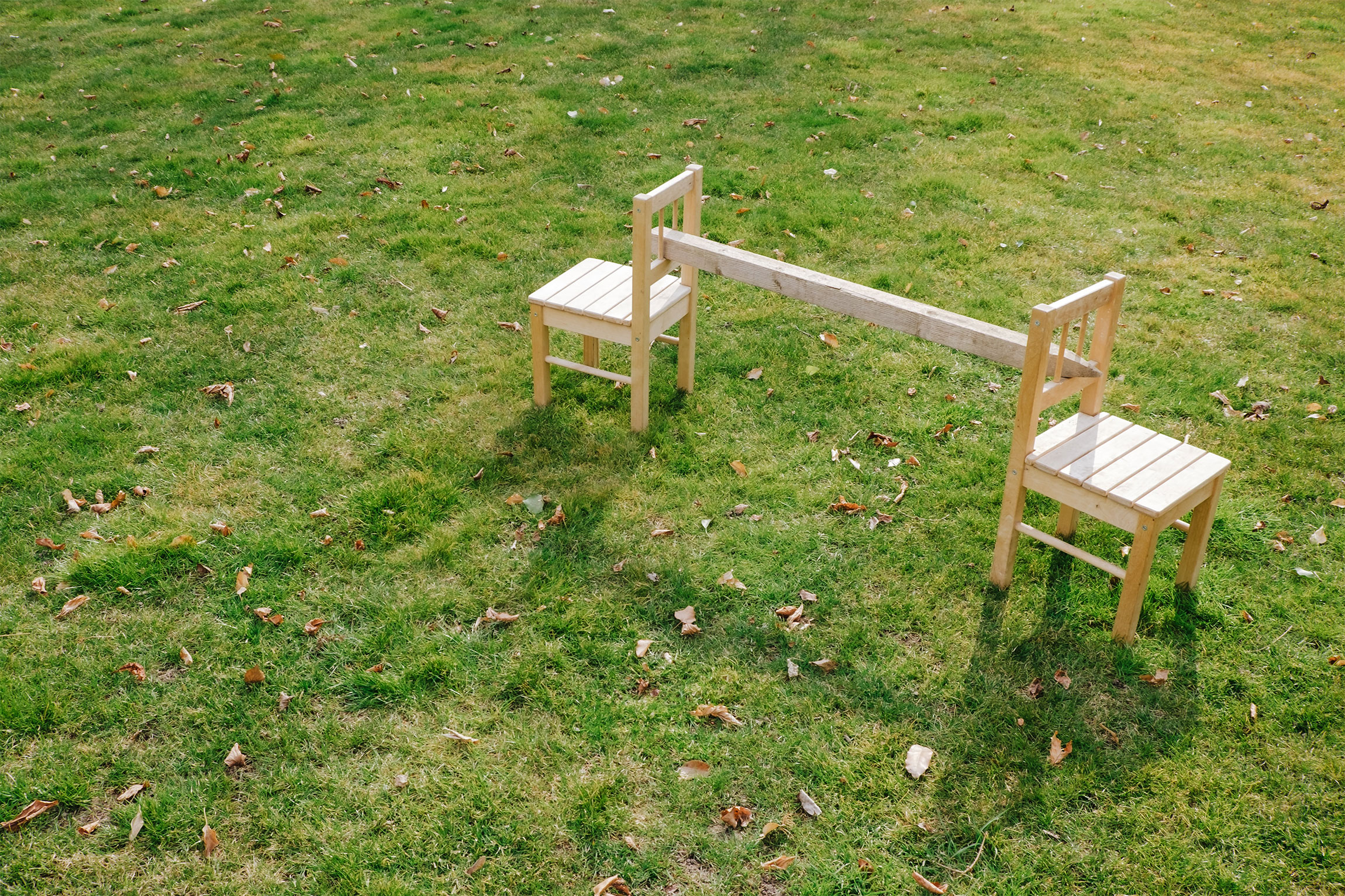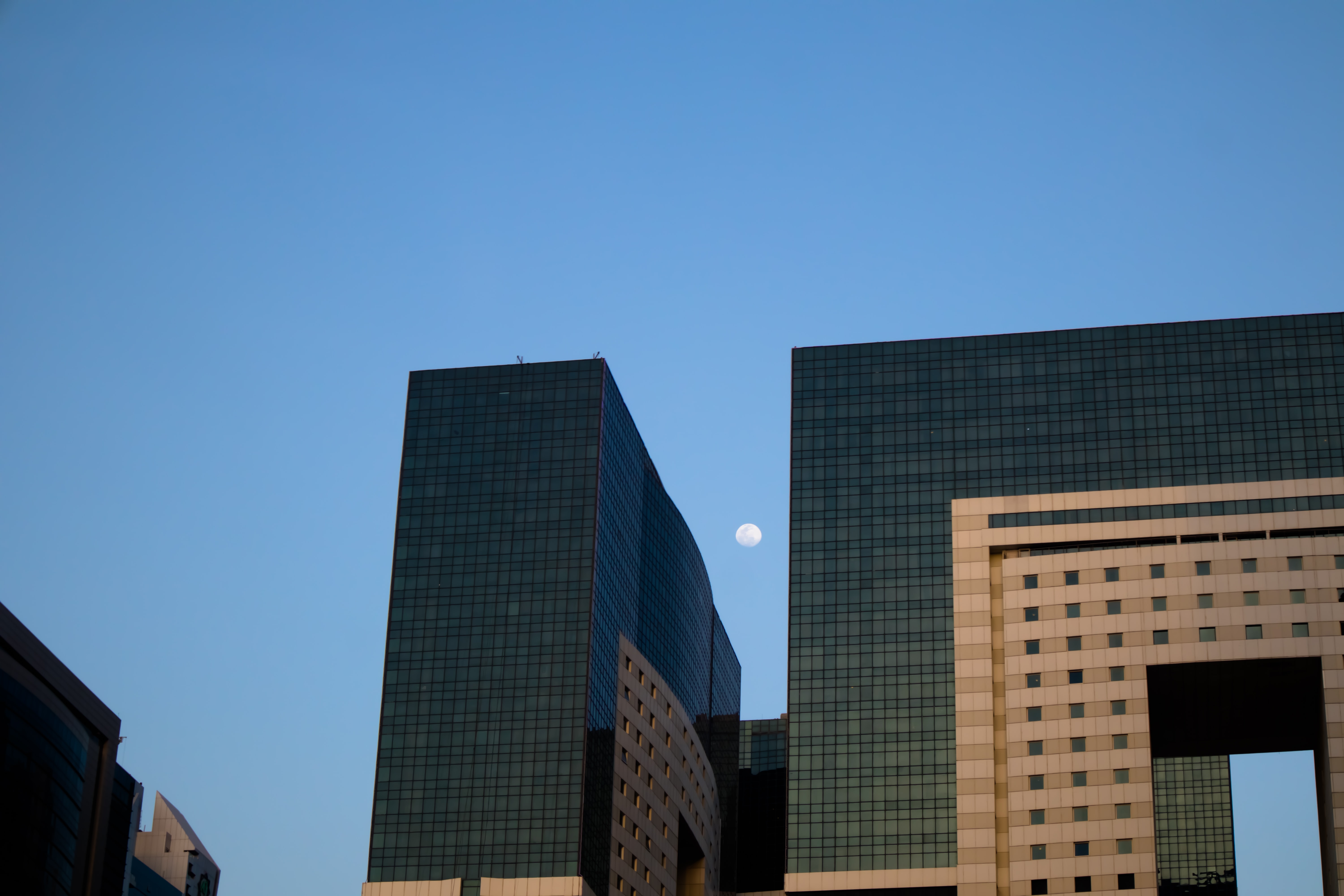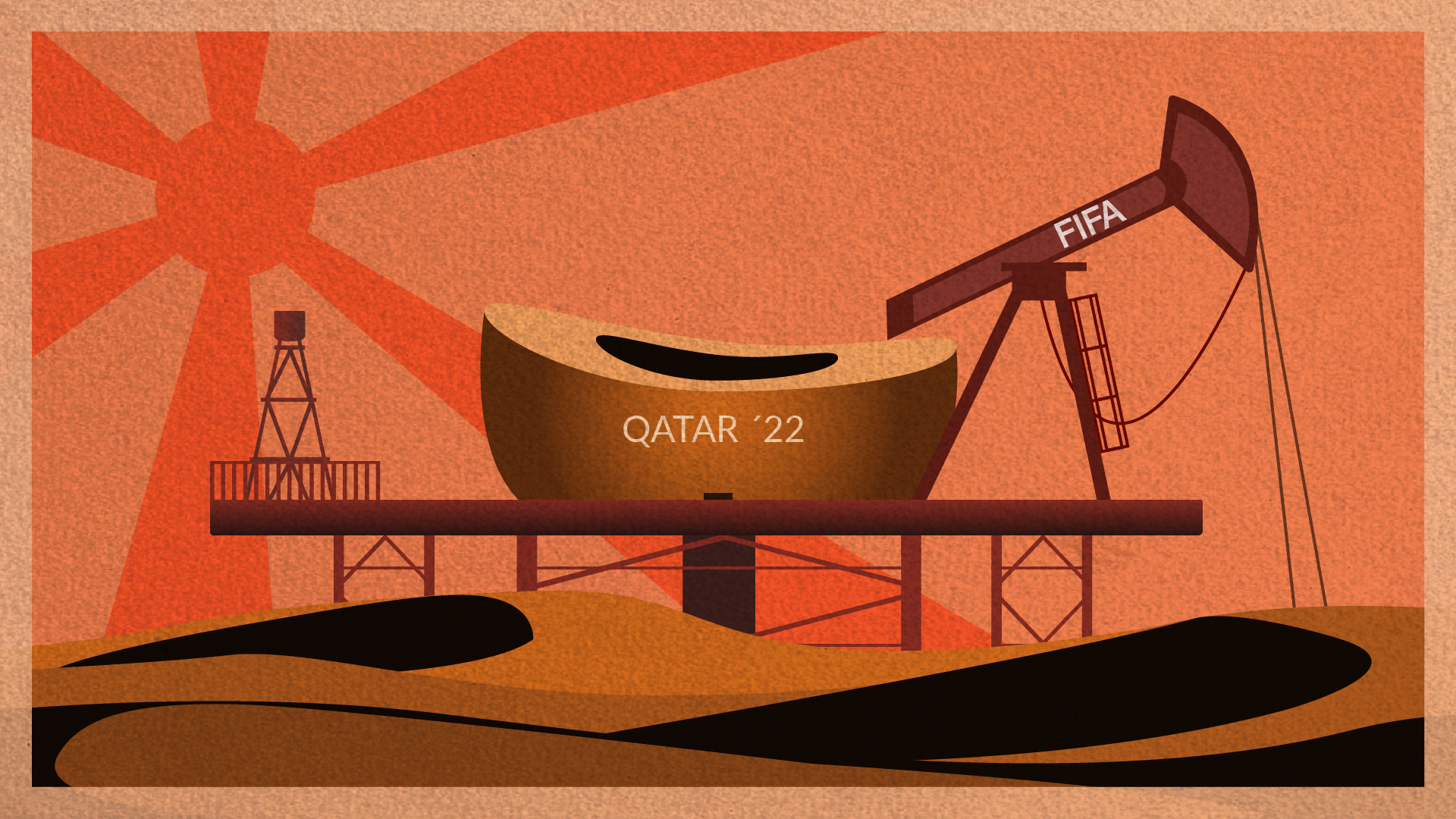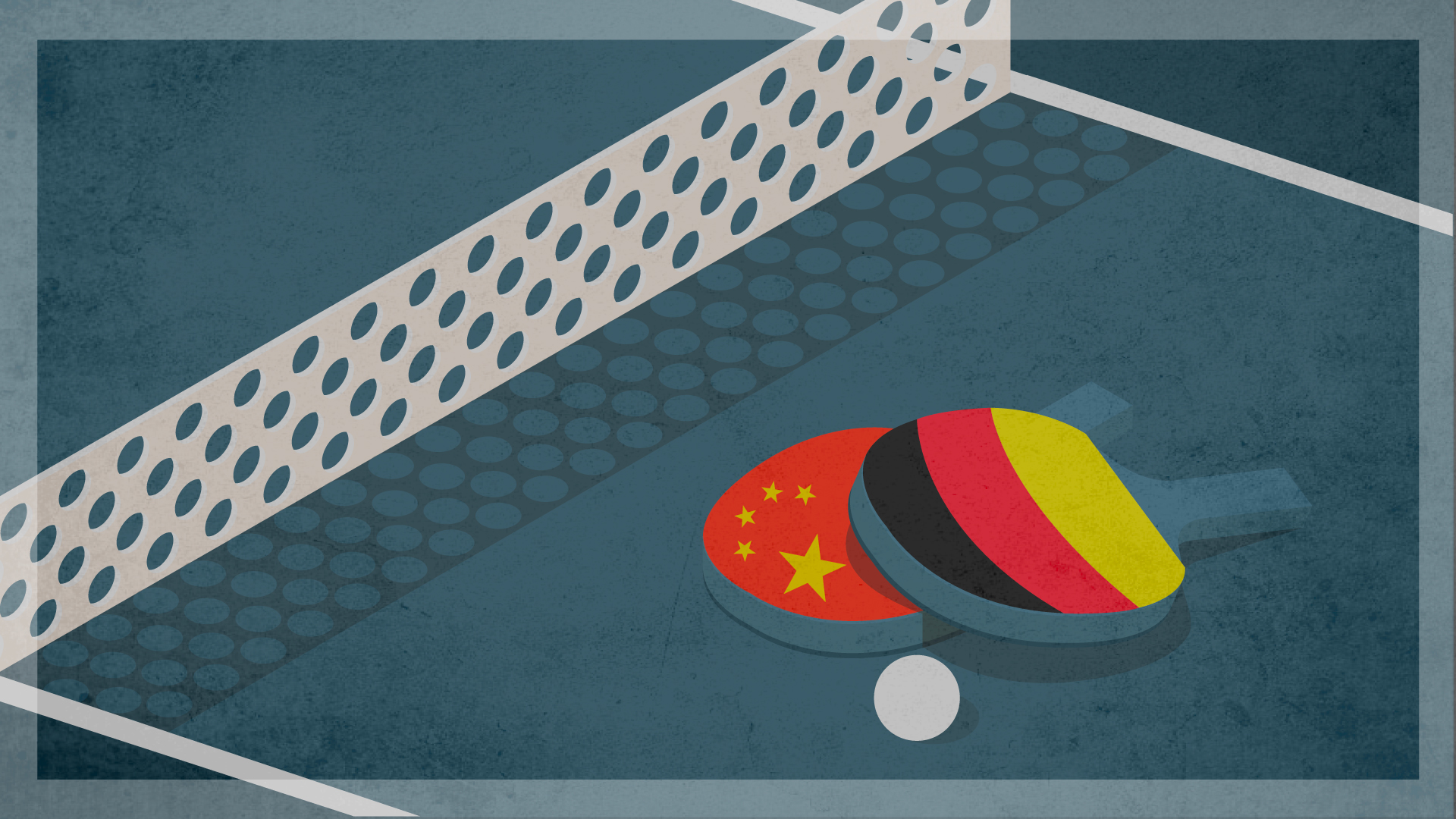Brazilian violations
South Africa, of course, was the first African country to host the FIFA men’s soccer world cup, in 2010 and the Western media coverage was similarly critical as it is now. Most Western European commentary back then focused on refereeing and soccer internals, such as qualifying matches, thus hinting at South Africa’s perceived “lack of competence” to host such an event. Interestingly, the Wikipedia website dedicated to 2010 world cup controversies also lists “animal sacrifices” as a contentious issue, ranked second in importance, indicating similarities to the current controversies about Qatar. It appears that cultural practices and believes become the target of controversy among Western media and its audience, whenever they diverge from the European or North American norm.
South Africa, of course, was the first African country to host the FIFA men’s soccer world cup, in 2010 and the Western media coverage was similarly critical as it is now.
2022 will be the first time that such a major international sports event is held in a Muslim country of the Arab world, in the Middle East. All previous hosts since 1930, the year this international competition was created, were either Western European or Latin American, except for South Africa.
The Western media coverage of this event is predictably problematic and Western public opinion seems to follow suit of the framing the Western media is applying when reporting on Qatar. Western chauvinism and white supremacy are dripping from many of the coverages and commentaries offered.
Qatar is, of course, a hereditary monarchy, ruled by the House of Thani. It is the home of many migrants, who, according to Amnesty International, make up 90 percent of the local work force. The law of the land is Sharia – Islamic canonical law. The constructions of the infrastructure to host the world cup was not without accidents. According to The Guardian, “6,500 migrant workers have died in Qatar since the World Cup was awarded” (Headline from Feb. 23, 2021). What we do not learn from this media coverage is how many fatalities other word cups have caused in the past, so that we can put these numbers in perspective. As almost the entire Qatari workforce consists of migrants, we should not be surprised that those who died were, well, migrants. The fact that so many people around the globe choose Qatar as their migration destination indicates how attractive this small, rich country is to many. Qatar has among the highest per capita incomes in the world and their Human Development Index of 0.84 is considered very high.


